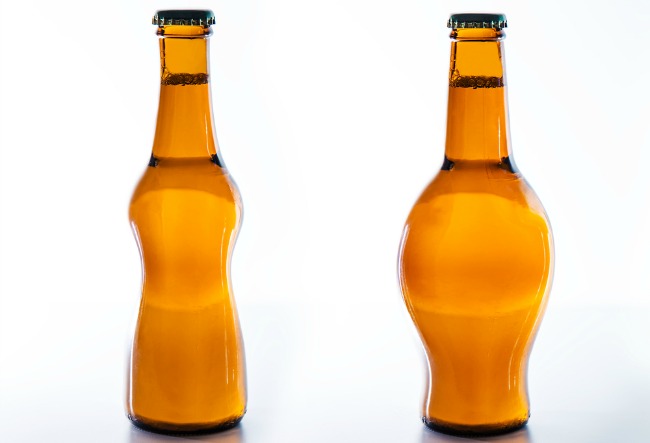
People who drink don’t always use the best judgement. Some of them may take off their pants and pass out in a bathroom of the Busch Stadium. Some of them might leave a $1,088 tip on a $60 bill only to return the following day and ask for their money back. And some might want to mix it up, challenging anyone in a ten-foot radius to trivia and feats of strength. But, people who can say “Do you want to go outside and say that?” without irony may have a genetic leg up on the rest of us.
A recent study, published in the Journal of Psychiatric Research, discovered men with a genetic mutation that makes them more likely to be reckless, particularly when drunk, may be protected from obesity and insulin resistance, both tied to type 2 diabetes.
The study concentrated on the insulin sensitivity, beta cell activity, and body mass index (BMI) of 98 Finnish men aged 25 to 30 years old, all of whom had been diagnosed with antisocial personality disorder. They found men with a “point mutation in a gene of serotonin 2B receptor” had a lower BMI and higher insulin sensitivity those men without the mutation.
But, what is the serotonin 2B receptor? Scientists don’t yet know its function, but earlier research has led them to believe it’s involved with impulsivity and is present in 2.2 percent of the population, which means over 100,000 Finns are carrying it right now.
Oddly, a natural susceptibility to metabolic disorders among men with low testosterone was reversed among the men who carried the point mutation. Their low testosterone levels actually increased insulin sensitivity. It’s like they’re one of the X-Men, except their mutation doesn’t so much save or threaten the world as much as it guarantees that they don’t have to size up their Dockers.

Dr Roope Tikkanen, who led the study, speculates that the combined effect of testosterone and the mutation on energy metabolism would have been a boon to people living post-Ice Age. Despite the impression given by the movie Ice Age, the land wasn’t littered with mentally unstable saber-toothed squirrels and heroic mammoths all waiting to be eaten. It was a frigid landscape with little of nutritional value. Men with higher testosterone could survive with a lower calorie intake.
Although this study focused solely on men, earlier research determined both men and women have this mutation. So, it’s likely that ladies on Bad Girls Club (especially the ones who come back for All-Stars) are offered the same protections from insulin resistance and obesity. In fact, Tikkanen assumes “the effect would be particularly pronounced in women, who naturally have lower levels of testosterone than men.”






